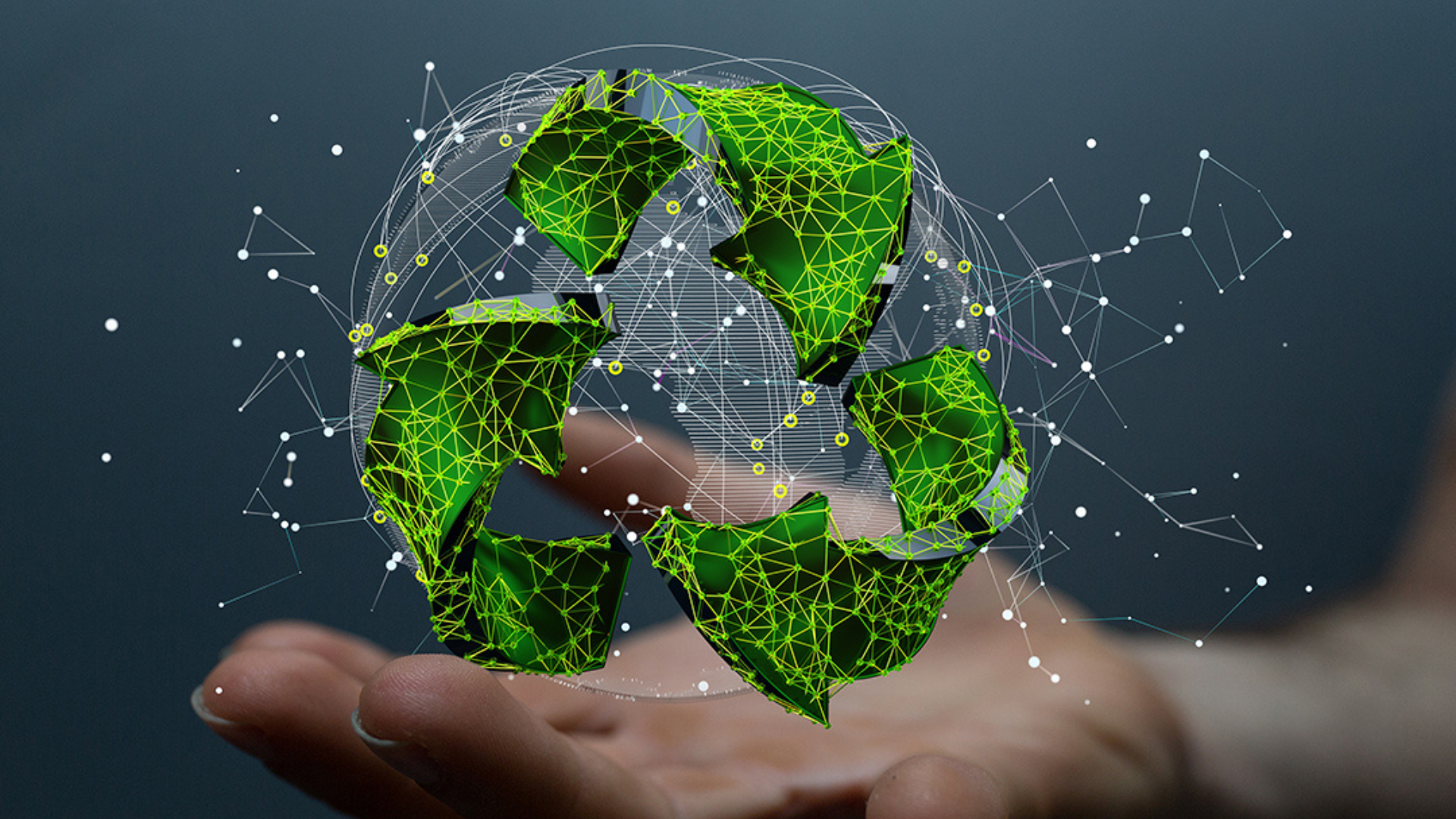
Cover Story

As the world continues to transform in new ways to support the protection of our environment, Artificial Intelligence (AI) will unquestionably play a role.
Governments worldwide are implementing mandatory measures for organisations to provide Environmental, Social, and Governance (ESG) disclosures to comply with regulations, and the World Economic Forum has suggested ways in which AI can help humanity meet its ESG goals.
As natural resources dangerously deplete and the perils of climate change continue to threaten the planet, it is crucial for corporations to adopt sustainable practices in order to help protect the environment. There are many ways in which corporations can work with AI to achieve these goals.
Here are 5 ways AI can help companies achieve corporate sustainability.
(1) Better decision-making for sustainability
AI can help leaders make more accurate and sustainable decisions by bringing insights from data at a massive scale. By eliminating human error and accelerating data acquisition, AI can help companies achieve their ESG goals, such as determining optimal energy usage and grid balancing with minimal resource consumption.
(2) An asset for renewable energy
Renewable energy has been steadily gaining momentum in recent years, and with the application of sensor technology and cloud-based information, AI can provide even more benefits. By using AI, generators and energy traders can make more accurate predictions about their output.
For example, with a 30% improvement in solar forecasting, these industries will be better equipped to rebalance their positions, making it easier to predict energy usage during festive holidays, large-scale international events, and even how altitude impacts a community’s energy use.
(3) Improving energy efficiency
AI has the potential to improve a building’s energy efficiency by analysing patterns of energy consumption and providing insights to reduce usage without affecting the company’s productivity.
(4) Improving production processes
It’s surprising how frequently products are returned due to defects. Forbes reported in 2019 that there are approximately 17 billion returned items globally every year, resulting in around 4.7 million metric tonnes of carbon emissions.
AI-enabled vision systems have the potential to address this problem by more accurately inspecting the quality of products during manufacturing, thus reducing the chances of human error.
(5) Accurately calculating your carbon footprint
To support Singapore’s goal of achieving the Singapore Green Plan and becoming net-zero by 2050, companies should take the first step of assessing their carbon emissions and other greenhouse gas (GHG) footprints, and setting emissions reduction targets.
To achieve this, companies can utilise AI to collect their emissions data and calculate their carbon footprint. This can be done by measuring or estimating consumption data (natural gas, oil, biomass, electricity, fuel, paper, materials, etc.) and using emissions factors to determine carbon equivalents. By identifying their corporate carbon footprint, companies can define their reduction targets more accurately, making them more achievable.